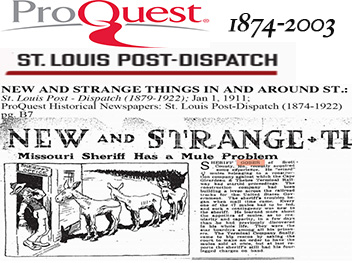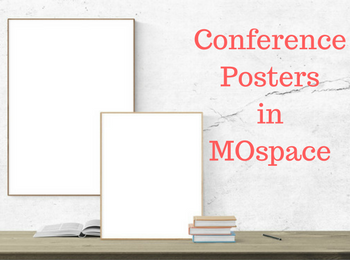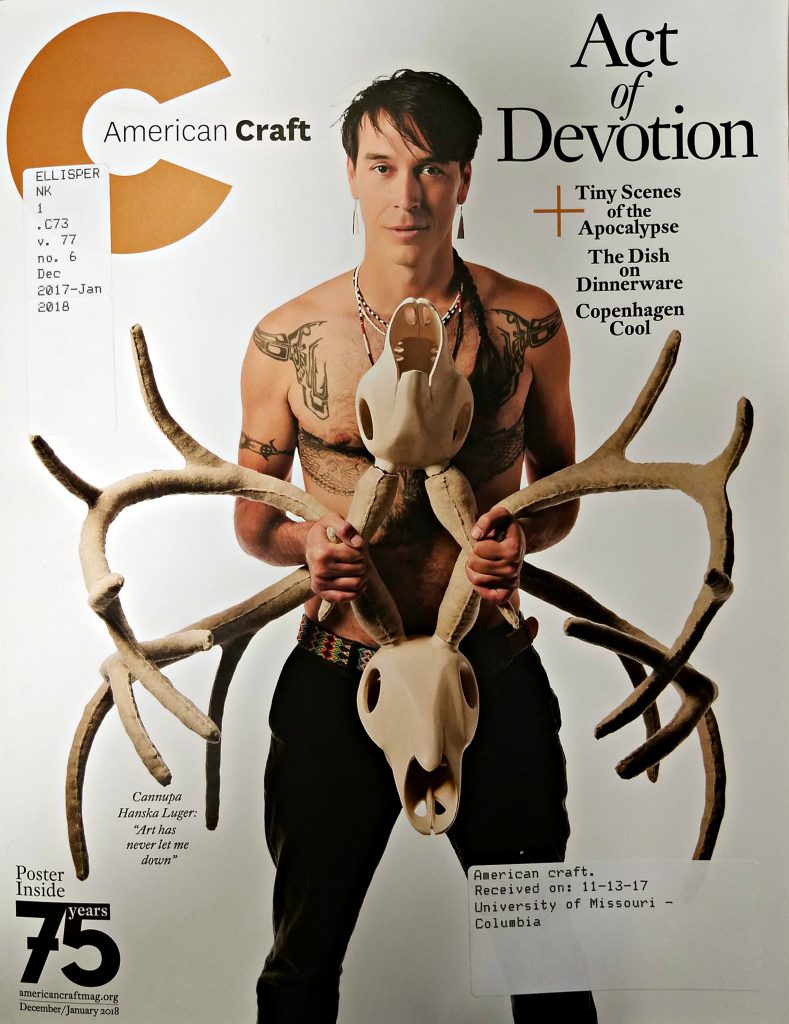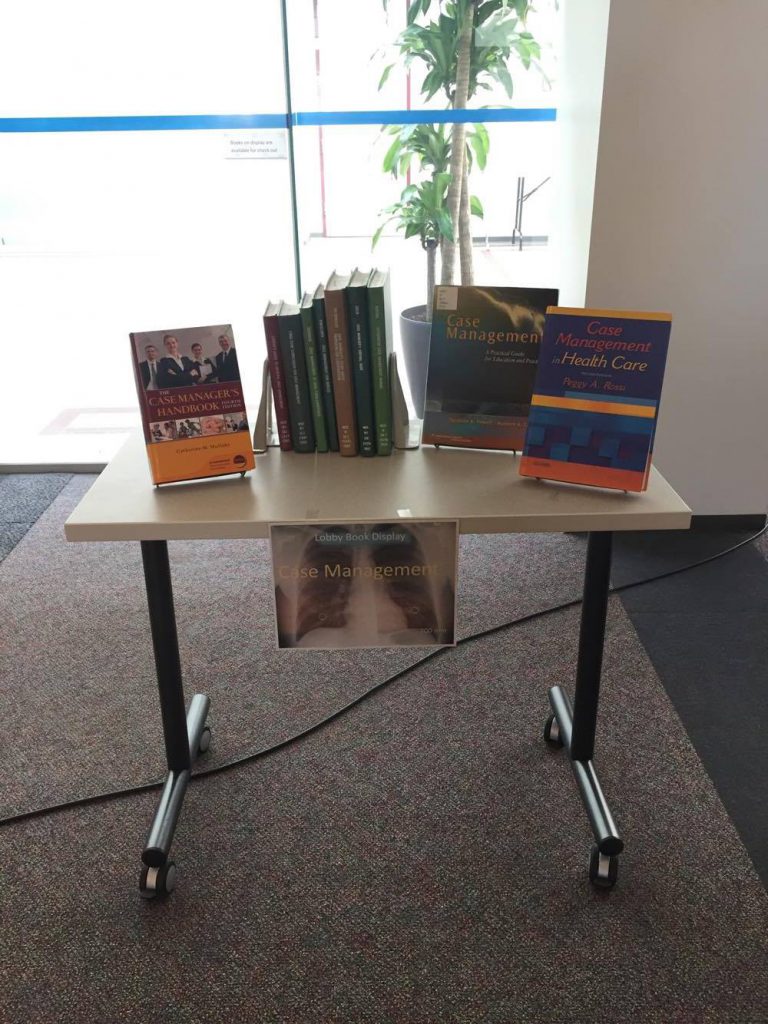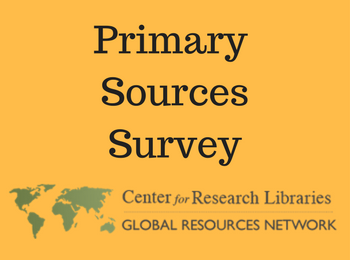This month’s open access article features Dr. Nicole Nichols, PhD., Assistant Professor in the Department of Biomedical Sciences and an investigator with the Dalton Cardiovascular Research Center. Her research focuses on the central nervous system, specifically the control of breathing in models of motor neuron death.
Dr. Nichols, and her team, chose to use the open access option, which gave them the “ability to provide immediate, open and free access to their work without the standard 12-month embargo that applies to subscription access.” Their article, Monitoring undergraduate student needs and activities at Experimental Biology, was published in the peer-reviewed journal Advances in Physiology Education, which promotes and disseminates educational scholarship in order to enhance teaching and learning of physiology, neuroscience and pathophysiology.
This article was published in conjunction with her responsibilities while serving as the Respiration Section Representative on the American Physiological Society Trainee Advisory Committee. One of the co-authors was also on the committee with her and the other co-author M. Matyas works at the American Physiological Society. Their research “sought to develop and test a pilot survey of undergraduate students to determine how they got involved in research and in presenting at the Experimental Biology (EB) meeting, what they gained from the scientific and career development sessions at the meeting, and how the American Physiological Society (APS) can best support and engage undergraduate students.”
When asked why her team decided to publish in an open access journal, Dr. Nichols said, “we chose to publish this article in the Journal of Advances in Physiology Education because the target audience for this article are Physiology educators. Most physiology educators read this journal and, some, may not have access to non-open access journals.” Dr. Nichols is no stranger to open access avenues, as she had previously published the last piece of her PhD in PLoS One “because the study spanned many different fields and felt that it would be best to publish it in an open access journal.” The instant access to information is the reason why Dr. Nichols would consider publishing in an open access journal again.

